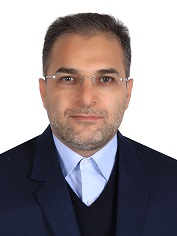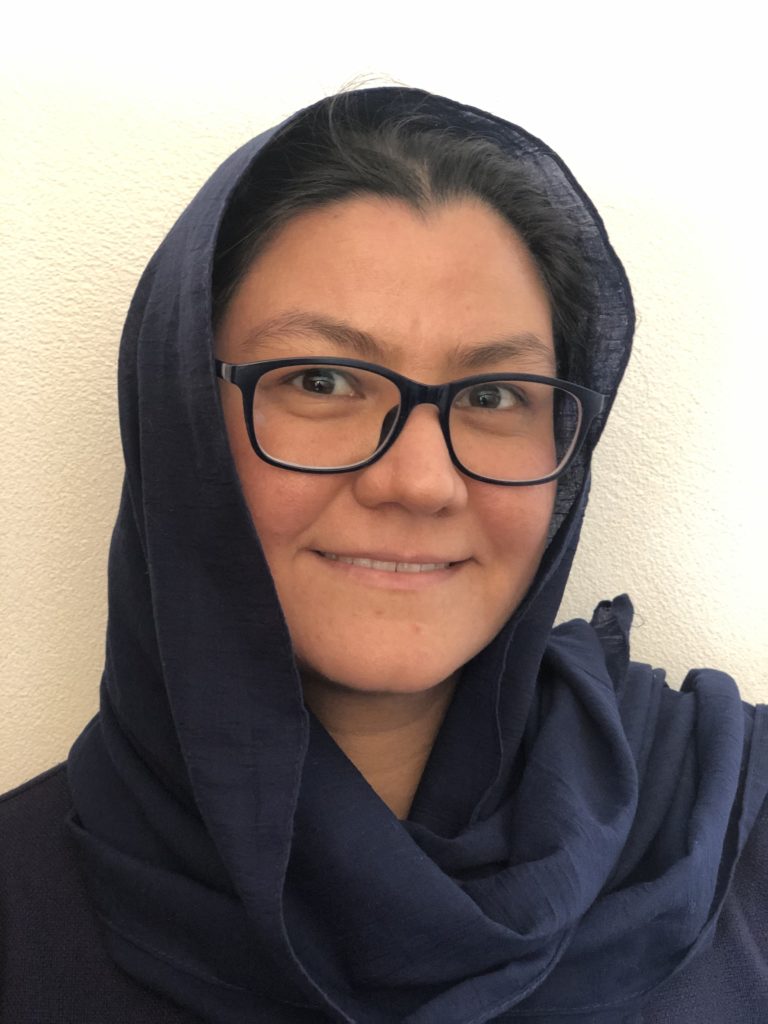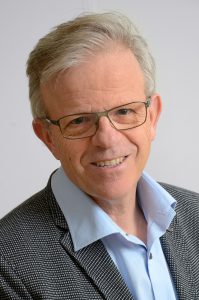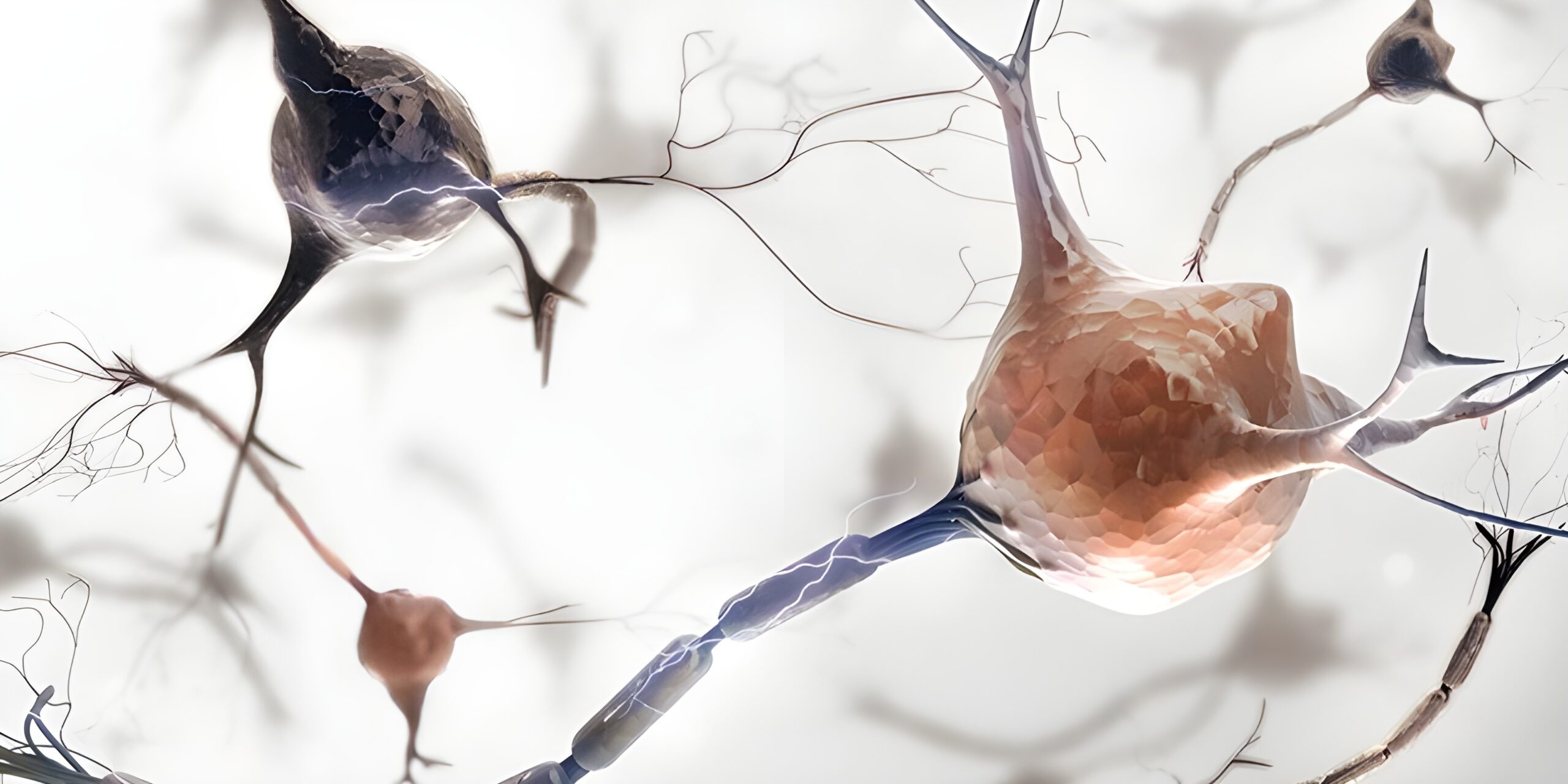Our study aimed to investigate the behaviour and early diagnosis of attention deficit/hyperactivity disorders in children through intelligent systems that can be a good diagnostic aid in the treatment of mental disorders and the process of disease healing. The main objective of this dissertation is to determine model behavioral patterns for the diagnosis of ADHD in children using machine learning (artificial intelligence).

This research has been developed as a puzzle whose elements are different diagnostic methods: clinical methods (test psychology, questionnaires, interviews), motor development of the child and brain signals are included. The system works in such a way that the system is installed as a machine (computer system) in the place where the children are present (schools, kindergartens, psychological clinics) after they have received the relevant information (data). With the necessary behavioural tests of the child, the system is able to provide an initial indication of the diagnosis of ADHD.
This study will serve to increase the accuracy of initial diagnosis and system modelling based on brain functions. The insights will be used to expand further diagnosis and treatment, which are inseparably linked. Therefore, the data collected for this study included questionnaires and interviews, brain signals and motor behavioral data of the child.





An important part of this research was the collection of EEG and ERP data collected from a large number of children at Ferdowsi University of Mashhad in Iran using the neuroamp device provided by HBI. About 103 participants remained in our research. Faezeh Rohani, who is a PhD student with the project, analyzed the EEG/ERP data during a stay at the Brain and Trauma Foundation Graubünden/Switzerland under the supervision of Dr. Müller and other experts. Therefore, one of the achievements of this research was the extraction of patterns of brain signals and behavioral functions in connection with control and ADHD children.
Authors: Faezeh Rohani, Hamid Reza Taheri, Ali Mashhadi, Andreas Müller and Kamrad Khoshhal Roudposhti.
